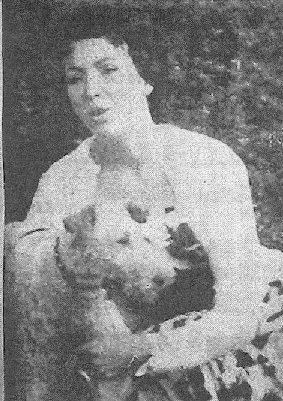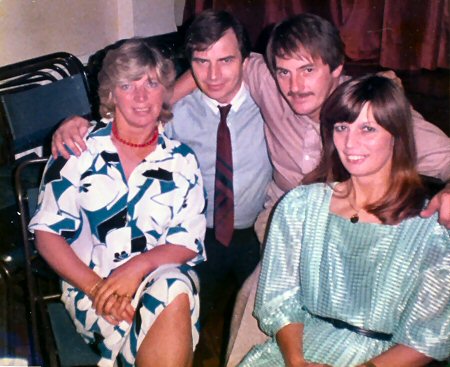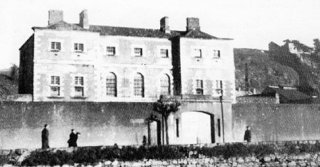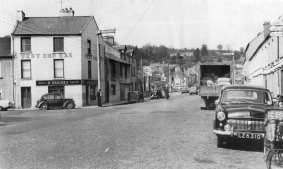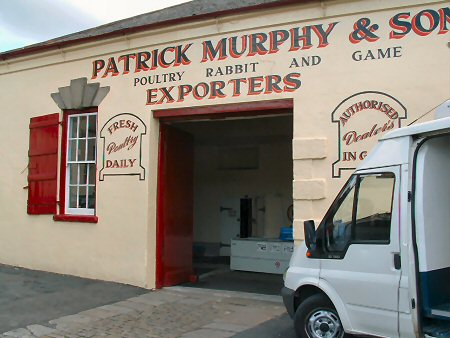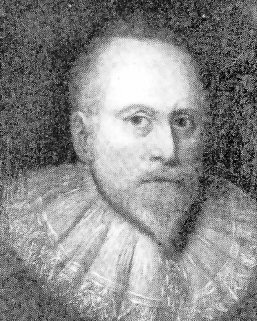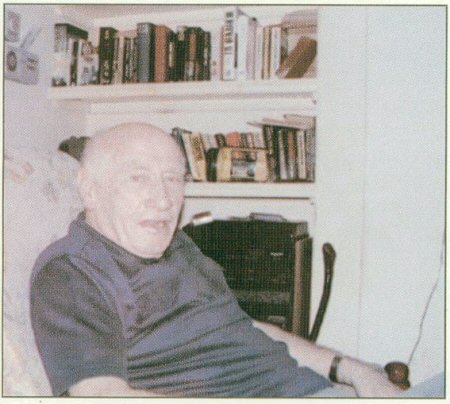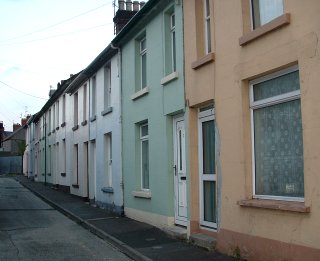As the moth is drawn to a flame, every year at this time I feel an inner compulsion to return to the sad story of the murder of young Pearl Gamble …
Characters
The Turkey Trot
Bingo had become popular in Newry and weekly sessions arranged by local parishes and clubs were a lucrative way to enhance their funds. It was also a welcome social event for many of the residents, and better still if you managed to shout, “CHECK!’ and win a cash prize.
Kilmorey St People’s Story
Walter and Margaret Murphy (16; where Gateway is now) had just been allocated the Loughview Park home they still live in today.
Flanagans
Christopher Carr writes to update us on the pedigree of a few characters of old. Since his forbears – like mine – come from Monaghan Row/Street, I have a special interest. Hope you have too.
Gerry Monaghan Part 5
5. Thirsty Work
Joe had served as a soldier in the Royal Irish Rifles in the Great War (First World War). He had been wounded at the Dardanelles. He was struck during the battle for Gallipoli and at the height of that ferocious, hopeless attack. He was towed on a raft across the waters to the beach. This raft had a stout, wooden partition behind which the crouching soldiers could hide, crouching behind this, taking the safe side, shooting up at the Turks who were pouring fire down upon them from the high, rocky cliffs. The bullet that struck Joe penetrated and lodged in his helmet and partially entered his skull. Seriously injured, he was invalided out of the army. He recovered, only to suffer the effects of the chronic unemployment, encountered by so many of his kind. He hated Churchill whom he blamed for this debacle.
Still as a wounded ex-serviceman, Joe was entitled to a government gratuity to assist in his rehabilitation in those immediate post-war years. The money would be paid only if the appellant could prove that the money would be spent in some wise and worthwhile venture. The amount of this gratuity was
Murphy Bros Poulterers
If one could corner the market, the most profitable business in Newry would be that of ‘Shop Outfitters’, for there is never a day but that one observes the rubble skips filling up outside one or other retail business as some indomitable entrepreneur – like Bruce’s spider – makes yet another gallant effort to succeed in the retail trade.
Moleskin Joe
Steel Erecting
‘So, after the War and your stint in the Army, what did you work at?’ I asked Dickie Rodgers.
‘I became a steel-erector.
Mrs Kelly’s door-knocker
One cannot imagine an object like a brass doorknocker to be the cause of so much trouble for a young teenage girl, but as is always the case for young people of those tender years, trouble is always lurking somewhere close to hand.
